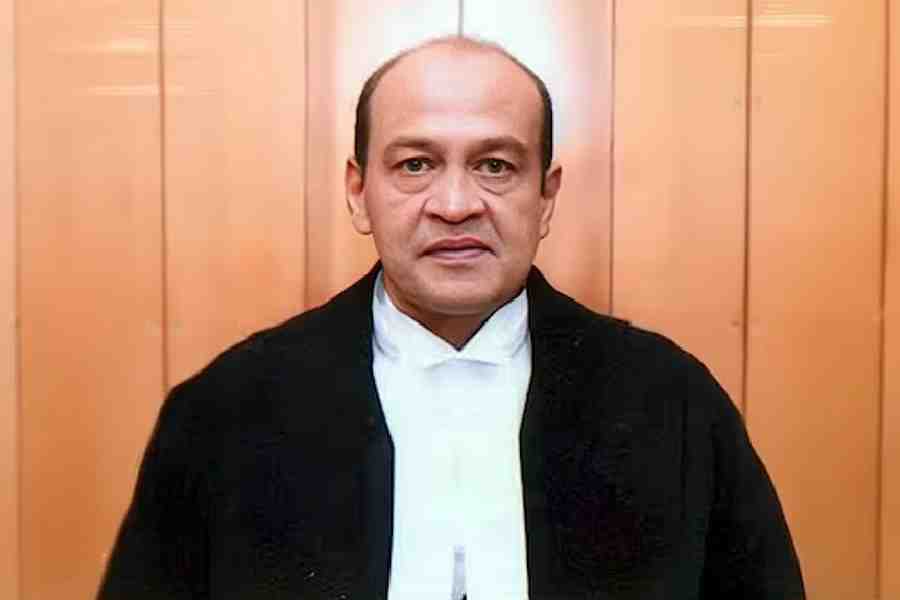Justice Yashwant Varma, who was relieved of judicial duties after the alleged discovery of half-burnt cash at his Delhi residence, approached the Supreme Court on Friday challenging the preliminary findings of a three-judge inquiry committee that recommended his impeachment by Parliament.
Justice Varma — now repatriated to Allahabad High Court — has questioned the findings of the in-house panel, which held him prima facie guilty of misconduct. He says the committee’s conclusions are unconstitutional, arbitrary, and contrary to the law and the principles of natural justice.
In his writ petition, the judge has contended he is innocent and a victim of a media trial. He has claimed his reputation and dignity have suffered on account of the apex court making the panel’s findings public.
He has argued that then Chief Justice of India Sanjiv Khanna’s decision to constitute the panel was illegal since there’s no provision for such a panel. He has maintained that Parliament alone has the power to initiate impeachment proceedings against a judge of the high court or the Supreme Court.
Justice Varma has said the panel did not give him a fair opportunity to explain
his side.
Justice Varma has complained that the panel failed to arrive at a conclusion on the crucial questions of who had planted the cash at the outhouse storeroom on his residential premises, and how the fire started. He has asked why key witnesses’ testimonies were not taken in his presence.
He has also asked why the mandatory panchnama (a document with signed statements from independent witnesses) was not recorded at all by the investigating officers and why the entire investigation was carried out in his absence. Justice Varma was out of Delhi when the alleged incident happened in mid-May.
On June 19, the three-member judges’ panel had held there was evidence of “unimpeachable character” to hold that a large volume of unaccounted cash was destroyed in a mysterious fire at Justice Varma’s official residence on May 14.
It said his “misconduct found proved is serious enough to call for initiation of proceedings (impeachment) for removal” of the judge.
The panel was made up of Punjab and Haryana High Court Chief Justice Sheel Nagu, Himachal Pradesh High Court Chief Justice G.S. Sandhawalia, and the Karnataka High Court judge, Justice Anu Sivaraman.
The committee rejected Justice Varma’s plea that the cash had been “planted” as part of a “conspiracy”. It noted that “the overall control and the permission to have access to the storeroom was undeniably with Justice Varma or his family members”.
It said there had been no “plausible explanation coming from Justice Varma or his family members or for that matter any other witness”.
“Whether this stashing (of cash) was done with tacit or explicit consent of Justice Varma or his family members is of little significance in the face of the larger concept of breach of public trust and probity expected of the high constitutional office held by Justice Varma,” the committee observed.










